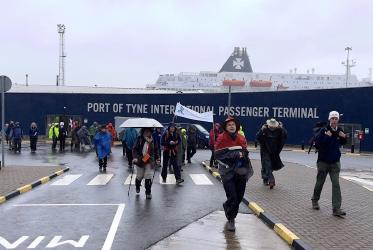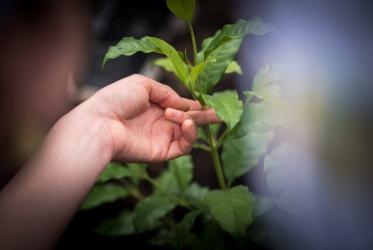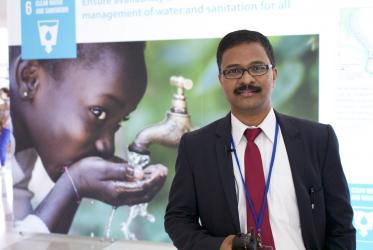Displaying 1 - 20 of 95
Ecumenical conference features theological reflections on ecology
16 February 2021
Kirche sollten ihre Stimme gegen den Klimawandel erheben
26 February 2020
Churches should use their voice on climate change
26 February 2020
WCC expresses sadness, solidarity after Notre Dame fire
16 April 2019
Interfaith Rainforest Initiative expands
12 February 2019












